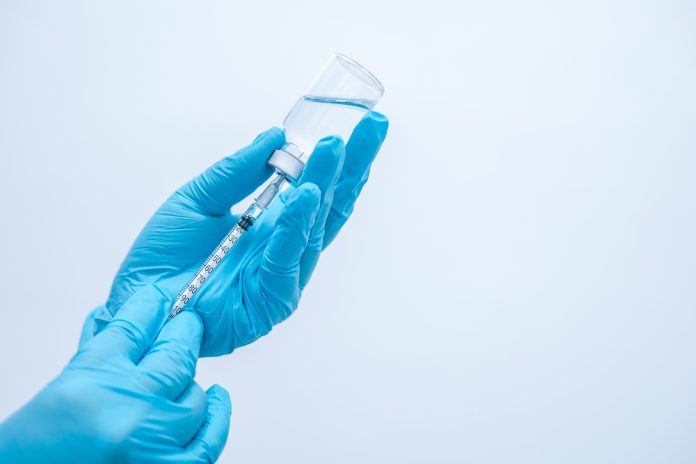Gennova Biopharmaceuticals, a subsidiary of Emcure Pharmaceuticals, has joined forces with the Coalition for Epidemic Preparedness Innovations (CEPI) to develop a self-amplifying messenger ribonucleic acid (saRNA) vaccine for the Nipah virus. CEPI has committed up to $13.38 million to fast-track the research and development of this vaccine.
AI Integration in Vaccine Research
As part of the partnership, Gennova will collaborate with the Houston Methodist Research Institute (HMRI), a CEPI partner in the United States, to incorporate artificial intelligence (AI) into vaccine development. AI-driven analysis will help identify potential vaccine targets by optimizing the properties of viral proteins that trigger an immune response. Clinical trials will take place in India, where previous Nipah outbreaks have occurred.
The Growing Threat of the Nipah Virus
The Nipah virus, a highly lethal pathogen from the Paramyxovirus family, has caused multiple outbreaks across South and Southeast Asia over the last two decades. With a fatality rate of up to 75%, the virus remains a serious global health threat. Though past outbreaks have been geographically limited, fruit bats—the natural carriers of the virus—inhabit regions where over two billion people live, increasing the risk of further spread.
CEPI’s Commitment to Global Health Security
Kent Kester, CEPI’s Executive Director of Vaccine Research and Development, highlighted, “With no approved vaccines or specific treatments for Nipah, CEPI is leading the global effort to develop countermeasures. Gennova’s saRNA technology could not only combat Nipah but also support future pandemic preparedness, enabling rapid vaccine responses within 100 days of identifying a new viral threat”.
How saRNA Vaccines Work
Unlike traditional mRNA vaccines, which introduce pre-made antigenic proteins into the body, saRNA vaccines provide genetic instructions that allow the body’s cells to produce these proteins. This approach could enhance immune response while requiring lower doses, making it a promising platform for future vaccine development.
A Continued Partnership for Innovation
Gennova’s collaboration with CEPI is not new. In August 2023, CEPI awarded the company $3.6 million to optimize its saRNA technology for developing vaccines against unknown pathogenic threats, often referred to as Disease X.
Ensuring Equitable Access
Sanjay Singh, CEO, Gennova Biopharmaceuticals, stated, “By leveraging our saRNA platform, we aim to develop a next-generation Nipah vaccine. This collaboration sets a new benchmark for rapid mRNA vaccine development while ensuring equitable access and strengthening global health security”.
Commitment to Global Vaccine Access
CEPI has invested over $100 million to advance Nipah virus vaccine research. Gennova has pledged to adhere to CEPI’s Equitable Access Policy, ensuring that, if successfully developed, the vaccine will be made available first to at-risk populations at an affordable price. The partnership also includes technology transfer provisions, which could support future vaccine development for other emerging infectious diseases.
As reported by business-standard.com, the collaboration marks a major step forward in the fight against Nipah. It also reinforces global preparedness for future health threats.
































